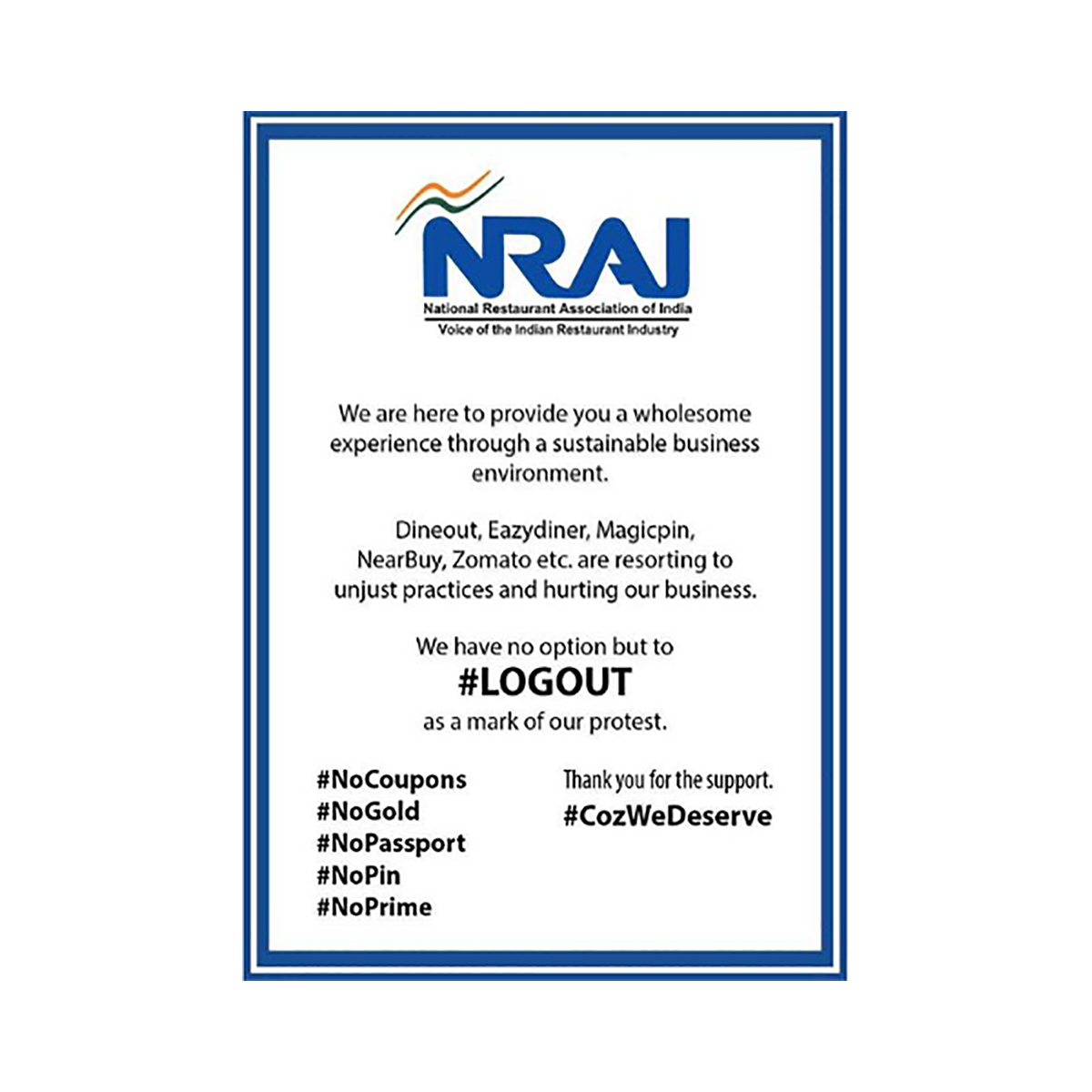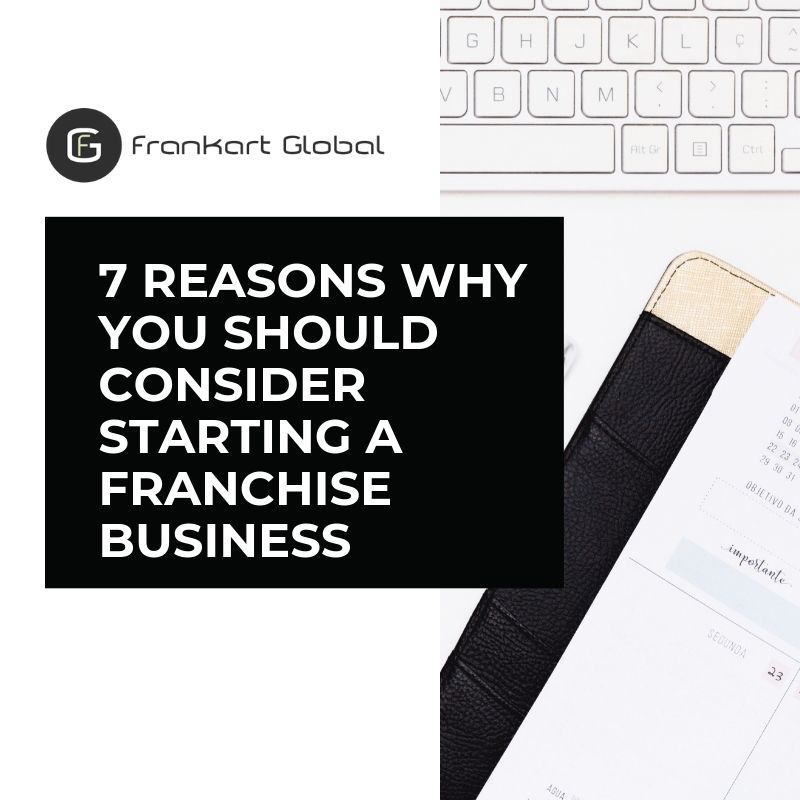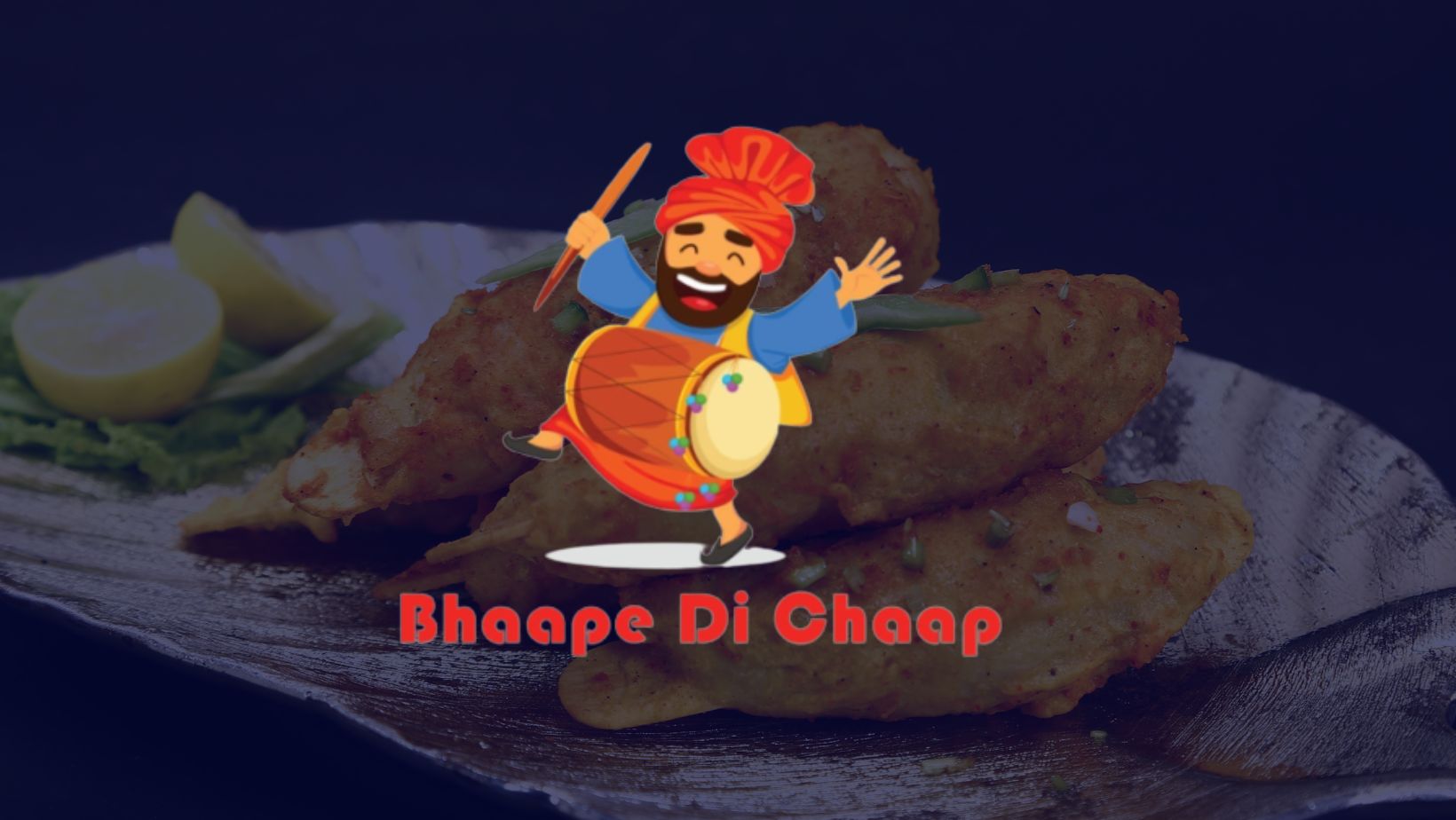

We discuss why restaurants are opposed to popular dine-in programmes offered by the likes of Zomato, EazyDiner and Dineout.
The differences between restaurant owners and aggregators snowballed into a face-off earlier this week when more than 1,200 restaurants chose to discontinue their participation in discounted dine-in programmes from Zomato, EazyDiner, Dineout, Nearbuy, MagicPin among others.
However, this conflict has been in the making for a long time now; restaurateurs have been voicing their concerns regarding the economics of dine-in programmes for a long time now. Why are restaurants unhappy with a programme that gets them more customers? What is the extent of the protest? What does the future look like? Let’s find out. Since there are several sides to the discourse, we have broken it down into a simple Q&A format.
Q. Why have thousands of restaurants opted out of popular programmes like Zomato Gold?
This week, nearly 300 famous restaurant brands in Gurgaon decided to delist from popular dine-in programmes offered by aggregators like Zomato and EazyDiner. Under the National Restaurant Association of India (NRAI), these restaurants launched the #Logout intending to challenge the steep discounts offered by online food aggregator platforms and ‘detox’ customers from discount addiction.
“NRAI’s Gurgaon chapter has come together in the #logout movement to give Gurgaon freedom from aggregators who have distorted a vibrant marketplace by aggressive discounting and predatory pricing,” NRAI said on Wednesday. Within two days, this number rose to 1,200 and restaurants from Mumbai, Delhi, Bengaluru, Kolkata, Goa, Pune and Vadodra also joined in. The restaurant owners say that they can no longer continue to bear the costs of such deeply-discounted programmes.
Q. What are the issues that restaurant owners have listed?
Restaurant owners say that instead of bringing volumes of customers, dine-in programmes attract bargain-hunters, which had put a relentless spotlight on offers and discounts. They say that regularly offering discounts as high as 50% or offering 1+1 on each order increases operating costs and devalues their brand. This means that the discounts and freebies have to borne by the restaurants, thus, distorting the marketplace by aggressive discounts and predatory pricing. What’s more, under GST, the rates applicable on restaurants are at 5% (lowered from 18%), but they cannot claim tax credit again tax paid on raw materials and other expenses.
Q. Why has this become a prominent issue now?
Stakeholders from different industries have been meeting official representatives of Department of Promotion of Industry and Internal Trade (DPIIT) and were directed to resolve their issues. As per reports, online aggregator and delivery platforms, alongside NRAI and other offline hotels and restaurant associations gave their recommendations to DPIIT officials.
“The situation is now aggravated through the anytime, anywhere, any-day discounting behaviour by aggregators. So now restaurants have come together to detox consumers from discount addiction,” NRAI president Rahul Singh was quoted as saying. Just last week, reports stated that Zomato’s latest programme ‘Infinity Dining,’ which allowed customers to order unlimited meals and refills for a fixed price in a restaurant faced backlash from restaurant owners. Infinity might have served as the tipping point for restaurant owners and NRAI to launch the #Logout campaign.
Q. How have companies like Zomato, EazyDiner and Dineout responded?
Initially, Zomato downplayed the protests and said that these were the interests of a select few restaurant owners and didn’t represent the general perspective in the industry. However, it was quick to add that restaurants are free to leave the programme after the mandatory 45-days notice period as per the agreement. EazyDiner and Nearbuy were more guarded with their response and agreed to work closely with the restaurant owners to remedy their issues.
Q. What does the future look like?
Reports suggest that this confrontation will not live long. The NRAI simply aims online aggregators and deliver platforms to revisit their discounting methodology and redesign it to incorporate everybody’s interests. While Zomato has asked restaurants to complete their mandatory 45-days notice period while exiting, it remains to be seen how many owners take up that offer as they will be required to pay the sign-up fee again upon re-entry. However, the general consensus is that most aggregators are showing a willingness to talk and resolve any issues that the restaurant owners are facing.



